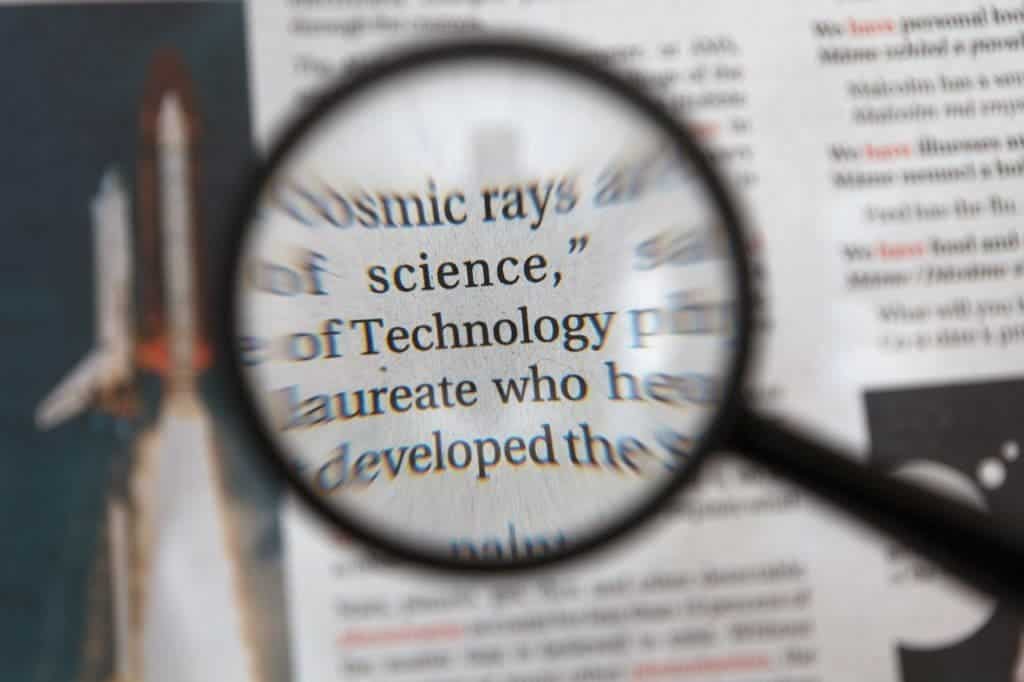
Scientists all over the world are racing around the clock on candidate vaccines, antiviral treatments, and just about anything they can throw at the novel coronavirus. In order to aid their efforts and accelerate unprecedented scientific action, a database that pools more than 24,000 research papers related to SARS-CoV-2 (the scientific name for the virus that causes the COVID-19 pandemic) and other coronaviruses is now online in a single place.
The most comprehensive coronavirus scientific database
The Covid-19 Open Research Dataset (CORD-19) is the work of several philanthropic and research organizations, including The National Library of Medicine (NLM) at the National Institutes of Health, the Allen Institute for AI, Georgetown University, the Chan Zuckerberg Initiative, Kaggle, Microsoft, and the White House Office of Science and Technology Policy (OSTP).
Each organization contributed with resources and know-how to the best of their ability. For instance, the NLM provided access to scientific literature while Microsoft used its engineering abilities to index and map all these thousands of articles that were scattered across the web. The Allen Institute for Artificial Intelligence (AI2), a non-profit, converted all the articles into a common structured format that can be parsed by algorithms.
Additionally, the entire dataset is machine-readable, allowing artificial intelligence (AI) systems to access and interpret the huge body of knowledge. This way, scientists might find existing safe drugs and therapies designed to treat other conditions that could prove useful in the current war on the coronavirus. Or perhaps they might find a chink in the coronavirus’ armor that has so far escaped scientists.
Previously, Microsoft researchers had employed machine learning and natural language analysis to interpret the content of thousands of biomedical papers. This initiative led to a representation of cellular regulatory networks that was exploited to make recommendations for cancer therapies.
According to MIT Technology Review, the dataset is part of AI2’s Semantic Scholar service, which employs natural language models like ELMo and BERT to plot relationships between papers.
For a long time, there has been a fierce debate among scholars regarding access to scientific papers, many of which are behind paywalls controlled by a handful of publishers.
Proponents of open access — free, unrestricted access to scientific papers — will be at least happy to learn that in this situation great efforts have been made to ensure the global research community has unhindered access to the coronavirus-related papers.
“It’s my hope that the machine-readable content will stimulate advances in computing methods that can help investigators to develop deeper understandings and approaches to addressing the COVID-19 pandemic. Developing tools to help scientists to do research and synthesize new understandings has been a long-term aspiration in AI. Work has been underway over years on methods that can answer questions, analyze and summarize the content of numerous scientific papers, assess the credibility of clinical trials, generate and test hypotheses, and guide experimentation,” Eric Horvitz, Technical Fellow and Chief Scientific Officer at Microsoft, wrote in a recent blog post.
The dataset also includes pre-publication research posted on servers like medRxiv and bioRxiv, which are open access archives for pre-print health sciences and biology research.
“Sharing vital information across scientific and medical communities is key to accelerating our ability to respond to the coronavirus pandemic,” Chan Zuckerberg Initiative Head of Science Cori Bargmann said refering to the CORD-19 project.






